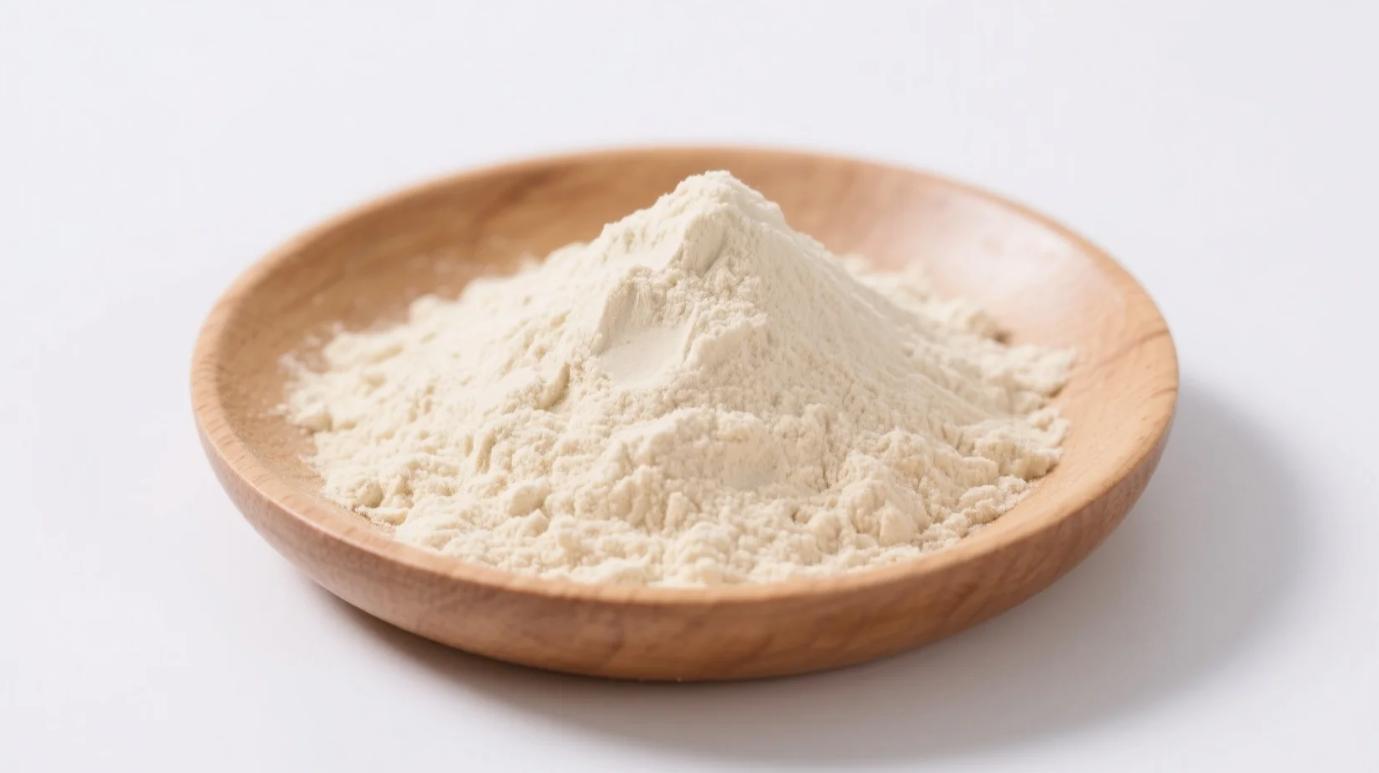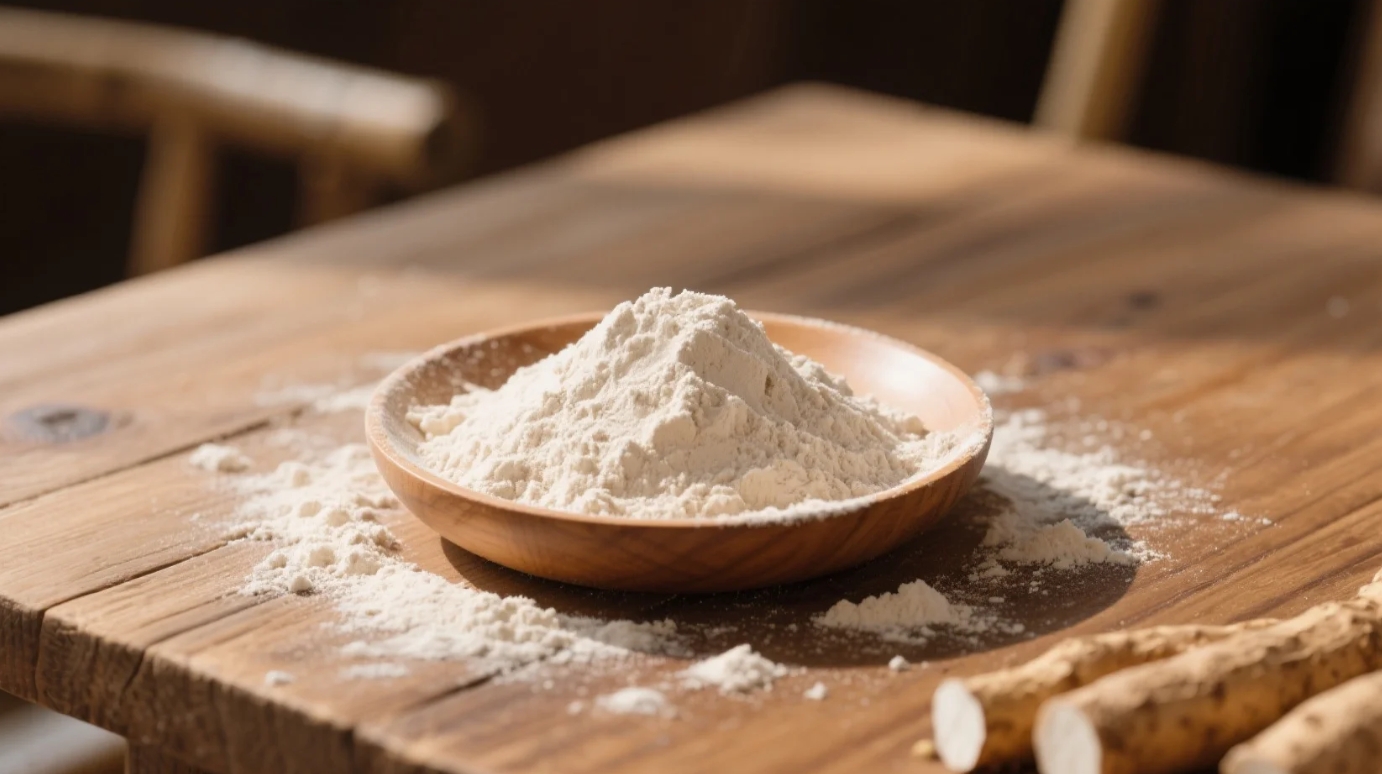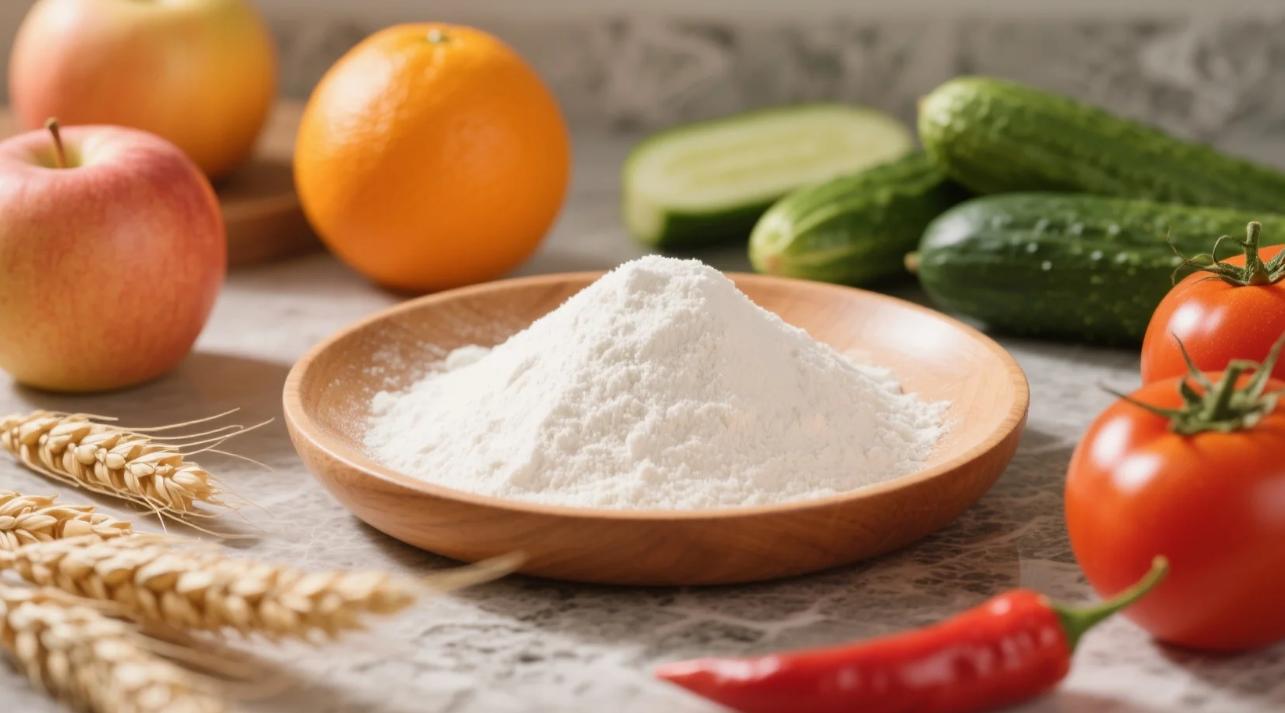Table of Contents
In the crowded world of protein supplements, organic rice protein powder often flies under the radar. Skeptics dismiss it as “incomplete” or “weak,” but emerging research and shifting consumer priorities are putting this plant-based powerhouse in the spotlight. Let’s dig into the science, benefits, and why organic rice protein might be the unsung hero your diet needs.
5 Reasons Organic Rice Protein Powder Is Better Than You Think
- Complete Protein (Yes, Really!)
While rice lacks lysine on its own, sprouted organic brown rice protein is often fortified or combined during processing to provide all 9 essential amino acids. Pair it with legumes or quinoa for a natural boost. - Hypoallergenic & Gut-Friendly
Free from gluten, dairy, soy, and nuts, it’s ideal for sensitive stomachs, autoimmune diets, or anyone with IBS or leaky gut. - Rich in Antioxidants
Contains gamma-oryzanol, a rare compound shown to lower cholesterol, reduce inflammation, and support muscle recovery (a 2021 Journal of Functional Foods study confirms this). - Sustainable & Planet-Smart
Rice farming uses 50% less water than dairy production, and organic practices eliminate synthetic fertilizers that harm ecosystems. - Blood Sugar Balancing
Low-glycemic and fiber-rich, it provides steady energy without spikes—perfect for diabetics or keto enthusiasts.
Rice Protein vs. Whey, Pea, and Soy: A Quick Comparison
| Factor | Organic Rice Protein | Whey | Pea | Soy |
|---|---|---|---|---|
| Allergen Risk | None | High (lactose) | Low | High (soy) |
| Amino Acid Profile | Complete (when fortified) | Complete | Lysine-rich | Complete |
| Digestibility | Gentle, no bloat | Fast but harsh | Moderate gas risk | Processed with hexane |
| Eco-Footprint | Low water use, regenerative | High (methane) | Moderate | Deforestation risks |
Why “Organic” Matters for Rice Protein
Conventional rice is notorious for arsenic contamination and pesticide residues. Certified organic rice protein powder ensures:
✅ No heavy metals or glyphosate
✅ Non-GMO and unbleached processing
✅ Higher antioxidant retention (organic soils boost nutrient density)
Who Should Try Organic Rice Protein?
- Vegans/Vegetarians: A safe, ethical protein source without soy.
- Fitness Newbies: Gentle on digestion while building lean muscle.
- Eco-Warriors: Reduce your carbon footprint with every scoop.
- Parents: Mix into pancakes or smoothies for picky, allergy-prone kids.
How to Use It (Without the Grit)
- Post-Workout Shake: Blend with almond milk, frozen mango, and hemp seeds.
- Baking Secret: Add to protein bars, muffins, or gluten-free bread.
- Savory Boost: Stir into soups, veggie burgers, or miso broth.
- Beauty Hack: Create a DIY face mask with honey for glowing skin.
Pro Tip: Look for fermented rice protein for smoother texture and better absorption!
Debunking Myths
- Myth: “Rice protein is weak for muscle growth.”
Truth: Studies show it’s as effective as whey when consumed consistently (Nutrition Journal, 2013). - Myth: “All plant proteins are incomplete.”
Truth: Blending rice with other plants (e.g., pea) creates a complete amino acid profile.
FAQs
Q: Can rice protein help with weight loss?
A: Yes! Its high fiber content (4g per serving) keeps you full longer, curbing cravings.
Q: Is it safe for kidney health?
A: Absolutely—low in phosphorus, unlike many animal proteins.
Q: Does it taste chalky?
A: Premium organic brands use natural enzymes to reduce graininess—opt for vanilla or chocolate flavors.
The Verdict
Organic rice protein isn’t just “good”—it’s a game-changer for those prioritizing digestion, sustainability, and clean nutrition. While it may not mimic whey’s speed, its hypoallergenic perks and planet-first credentials make it a standout.
Ready to Redefine Your Protein Routine?
Try our certified organic rice protein powder—lab-tested, flavor-flexible, and crafted for those who demand more than just muscle. Fuel your body, respect the Earth, and join the plant-powered revolution.
Scoop, blend, thrive—naturally.
Related Products
Organic Brown Rice Protein Powder
Mesh: 300, 600, 1000mesh


